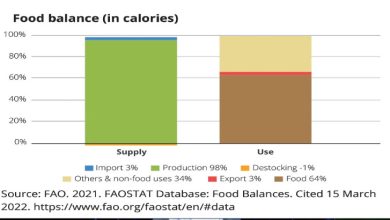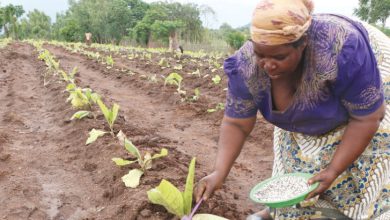Agro value chains pull k700bn in FDI
Malawi’s agricultural value chain industries have attracted in excess of $400 million (about K700 billion) in foreign direct investments (FDIs) in the past five years, Malawi Investment and Trade Centre (Mitc) data shows.
Mitc chief executive officer Paul Kwengwere said in a written response on Tuesday that the bulk of the investments came from India while South Africa, United States of America, United Kingdom and Israel had significant FDIs, creating at least 25 000 jobs in the process.
However, he pointed out numerous headwinds that affected the investment environment during the period, limiting the agricultural FDI inflows that averaged $80 million (K140 billion) a year and have not been enough to buoy the economy from economic frailties.

Kwengwere cited the Covid-19 pandemc between 2019 and 2021, two consecutive cyclones in preceding years and other macroeconomic issues as the challenges that affected the flow of FDIs.
“Unstable supply of electricity has been a hindrance in attracting investment. However, with the new power generation projects being implemented as well as the interconnector project with Mozambique and Zambia, government is moving in the right direction and making progress towards resolving this issue,” said Kwengwere.
He said the infrastructure projects being implemented by government, which include construction and rehabilitation of roads, railway lines will help to make the country a more attractive destination for investment.
In a separate interview, agriculture development policy expert Tamani Nkhono-Mvula said one of the hindrances to investment scaling is the structure of the sector, which has 70 percent of subsistence producers with only 30 percent producing for the industries.
“I don’t think having 70 percent producing for subsistence can help to make significant gains in the output. A lot needs to be done, at least 50 percent need to produce for the market,” he said.
Nkhono-Mvula faulted policy on agriculture sector that he said is not backed by financing, citing the megafarms and the establishment of Greenbelt Authority.
He said these have not been adequately financed for the intended output in commercial agriculture and value addition.
“It’s the whole policy environment that needs to be changed. Policies have to be backed by financing but if you look at public sector investment in agriculture it’s more about financing subsistence and not commercial agriculture,” said Nkhono-Mvula.
Several research reports by Mwapata Institute have exposed lack of value chains in the agriculture sector that limits value realisation in production.
Recent studies by the institute have recommended investment in areas that include irrigation farming, livestock megafarms, aquaculture, horticulture and agricultural extension services with a combined investment value of $186 million (about K325 billion).
In 2023, the Mitc records show that total investment in all sectors was estimated at $466.7 million (about K815 billion), creating over 15 000 jobs and the agriculture sector attracted just $8.6 million (about K15 billion).
Agriculture still remains the mainstay of the country’s economy, contributing about 25 percent to the country’s gross domestic product.




